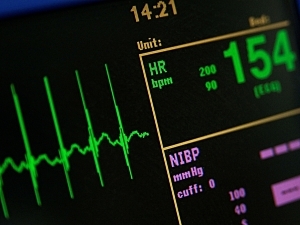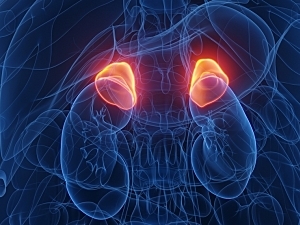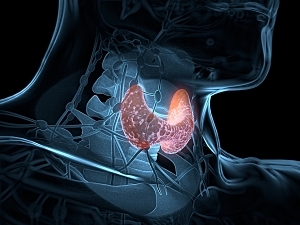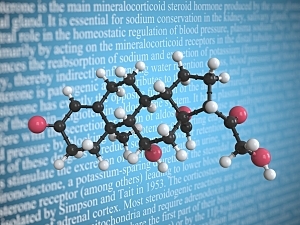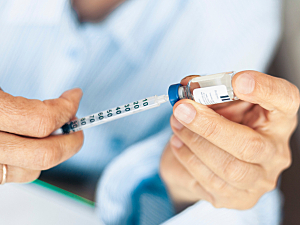Women Substantially More Likely Than Men to Decline Statin Therapy

In the first large, population-based cohort study of the issue, researchers at Brigham and Women’s Hospital found 22% of eligible patients declined statin therapy initially and 6% never accepted the recommendation. Results on both measures were significantly higher for women than men.
Read More...